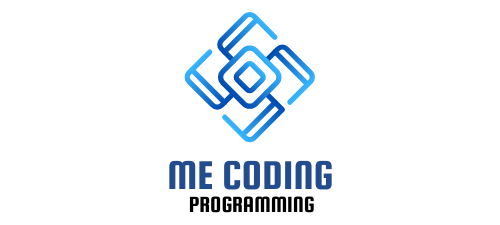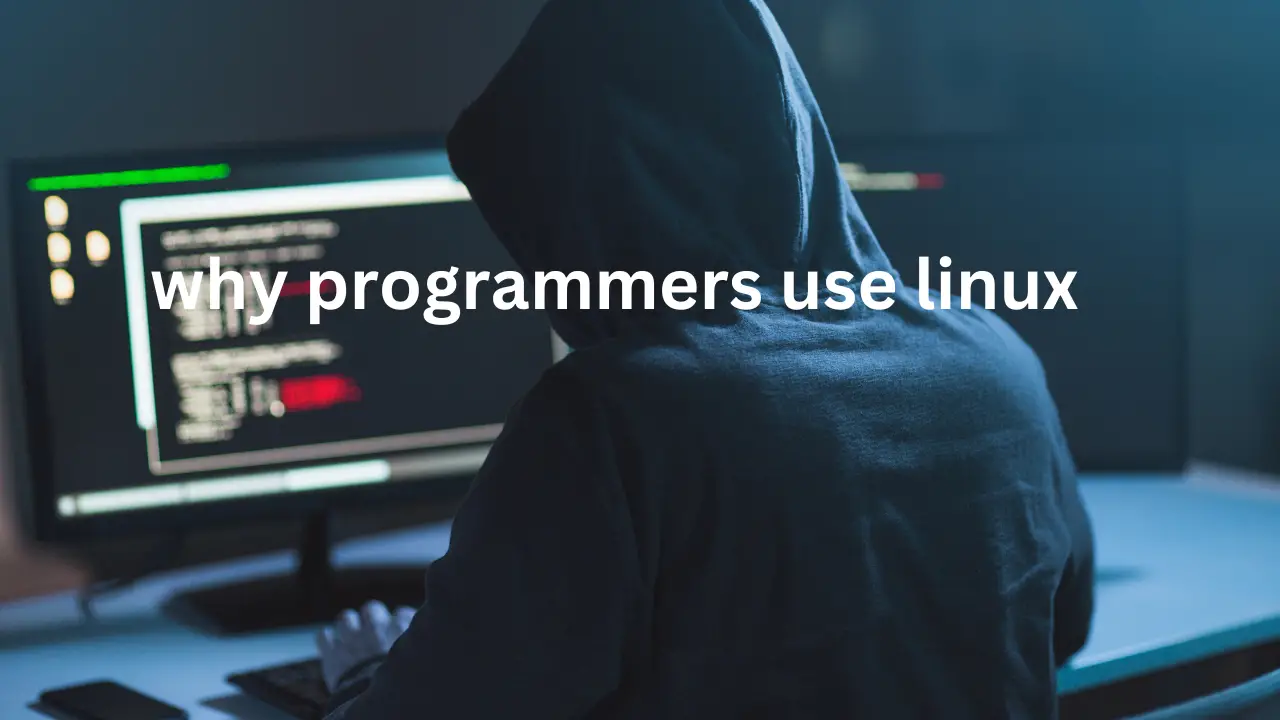Linux, an open-source operating system, has gained immense popularity among programmers in recent years. Its flexibility, robustness, and vast software ecosystem make it an ideal choice for developers across various domains. In this article, we will explore why programmers prefer Linux and how it enhances their productivity.
Benefits of Linux for Programmers
Linux offers several key advantages that attract programmers worldwide. Let’s delve into some of the prominent benefits:
Open-source nature
One of the primary reasons programmers gravitate towards Linux is its open-source nature. Being open-source means that the source code is freely available, allowing programmers to study, modify, and distribute it as per their requirements. This openness fosters collaboration, encourages innovation, and enables developers to tailor the operating system to their specific needs.
Customization and flexibility
Linux provides unparalleled customization options, allowing programmers to personalize their development environment. From choosing the desktop environment to configuring various software components, Linux empowers developers to craft an environment that suits their preferences and workflows. This flexibility plays a crucial role in enhancing productivity and comfort.
Strong command-line interface
Linux’s command-line interface (CLI) is a beloved feature among programmers. The CLI enables developers to interact with the operating system using text commands, providing fine-grained control and efficiency. Programmers can automate tasks, write scripts, and navigate the file system swiftly, making command-line proficiency a valuable skill in the programming world.
Robust security
Security is paramount in software development, and Linux excels in this aspect. Due to its open-source nature, vulnerabilities are promptly identified and fixed by the community, ensuring a robust and secure operating system. Additionally, Linux’s stringent permission system and isolation mechanisms offer layers of protection, making it a trustworthy platform for programmers to develop and deploy their applications.
Vast software ecosystem
Linux boasts a vast software ecosystem with a wide range of programming tools, libraries, and frameworks. From powerful text editors like Vim and Emacs to comprehensive integrated development environments (IDEs) like Visual Studio Code and JetBrains’ suite of tools, Linux provides programmers with a rich selection of software options to streamline their coding process.
Linux Distributions for Programmers
While Linux itself is an operating system, there are several distributions tailored specifically for programmers. Let’s explore some popular choices:
Ubuntu
Ubuntu is a beginner-friendly Linux distribution that enjoys widespread popularity among programmers. It offers a user-friendly interface, extensive documentation, and a vast community for support. Ubuntu’s Software Center provides a seamless experience for installing programming tools and libraries.
Fedora
Fedora is another widely used distribution favored by programmers. It focuses on providing cutting-edge software and technologies, making it an excellent choice for developers who desire the latest advancements. Fedora’s developer edition comes pre-packaged with tools like Docker, Kubernetes, and various IDEs.
Arch Linux
Arch Linux is known for its simplicity, minimalism, and do-it-yourself philosophy. It offers a lightweight base system and grants users full control over package selection and system configuration. This flexibility appeals to programmers who prefer a highly customized environment.
CentOS
CentOS, a free and community-driven distribution, is renowned for its stability and long-term support. It is often used in server environments and is favored by programmers working on enterprise-grade applications. CentOS’s reliability and compatibility make it a reliable choice for developers.
Tools and Resources for Programmers on Linux
Linux provides an extensive array of tools and resources to support programmers in their daily work. Let’s explore some essential ones:
Integrated Development Environments (IDEs)
IDEs are software applications that provide comprehensive tools for software development. Linux offers a wide range of IDEs, including Visual Studio Code, Eclipse, JetBrains’ IntelliJ IDEA, and NetBeans. These IDEs enhance productivity by offering features like code completion, debugging capabilities, and version control integration.
Package managers
Package managers simplify the process of installing, updating, and managing software packages. Linux distributions typically have their own package managers, such as apt (used by Debian-based distributions like Ubuntu), dnf (used by Fedora), and pacman (used by Arch Linux). These package managers provide easy access to a vast repository of software libraries and applications.
Version control systems
Version control systems, such as Git and Mercurial, are crucial for managing source code repositories and enabling collaboration among developers. Linux seamlessly integrates with these version control systems, allowing programmers to track changes, merge code, and work on projects collaboratively.
Terminal-based utilities
Linux’s command-line interface offers a plethora of powerful terminal-based utilities that programmers can leverage to streamline their workflows. Tools like grep, sed, awk, and tmux are just a few examples of the vast toolkit available on Linux. These utilities enable efficient text processing, task automation, and session management.
Real-world Examples of Linux Usage in Programming
Linux finds extensive usage in various domains of programming. Let’s explore a few real-world examples:
Linux kernel development
The Linux kernel itself is developed using Linux. Thousands of programmers contribute to its development, adding new features, enhancing performance, and improving stability. The collaborative nature of Linux fosters innovation and ensures continuous improvement of the operating system.
Web development
Linux is widely used for web development due to its stability, security, and the availability of powerful web server software like Apache and Nginx. Web developers often rely on Linux-based servers for hosting websites and web applications, taking advantage of the robustness and efficiency offered by the operating system.
Data science and machine learning
Linux has emerged as a preferred platform for data science and machine learning projects. With libraries like NumPy, pandas, TensorFlow, and PyTorch readily available, Linux provides a stable and efficient environment for data analysis, model training, and deployment. The performance optimizations and extensive hardware support make Linux an ideal choice for computationally intensive tasks.
Conclusion
Linux has become the go-to operating system for programmers, offering a myriad of benefits and a thriving ecosystem. Its open-source nature, customization options, strong command-line interface, robust security, and extensive software support make it an ideal choice for developers across domains. By leveraging Linux, programmers can enhance their productivity, streamline their workflows, and contribute to the vibrant open-source community.
FAQs
1. Can I use Linux if I’m not a programmer?
Absolutely! Linux is not limited to programmers. It is a versatile operating system suitable for various use cases, including personal computing, education, and server management. Its user-friendly distributions make it accessible to beginners and advanced users alike.
2. Is Linux difficult to learn for beginners?
While Linux may have a learning curve for complete beginners, modern distributions like Ubuntu and Fedora provide user-friendly interfaces and extensive documentation to ease the learning process. With time and practice, users can become proficient in Linux and leverage its power for their needs.
3. Can I run Windows applications on Linux?
Linux natively supports a wide range of software applications, primarily those developed specifically for Linux. However, running Windows applications on Linux can be achieved using compatibility layers like Wine or virtualization software like VirtualBox. These solutions provide varying degrees of success depending on the specific application.
4. Which programming languages are well-supported on Linux?
Linux offers robust support for a vast array of programming languages. Some popular choices among programmers include Python, JavaScript, C++, Java, and Ruby. The availability of compilers, interpreters, and development tools for these languages makes Linux an ideal platform for software development.
5. Can I use Linux on my personal computer?
Yes, Linux can be installed and used as the primary operating system on personal computers. Many Linux distributions provide user-friendly installers that guide users through the installation process. It is recommended to create backups and ensure hardware compatibility before installing Linux on a personal computer.

